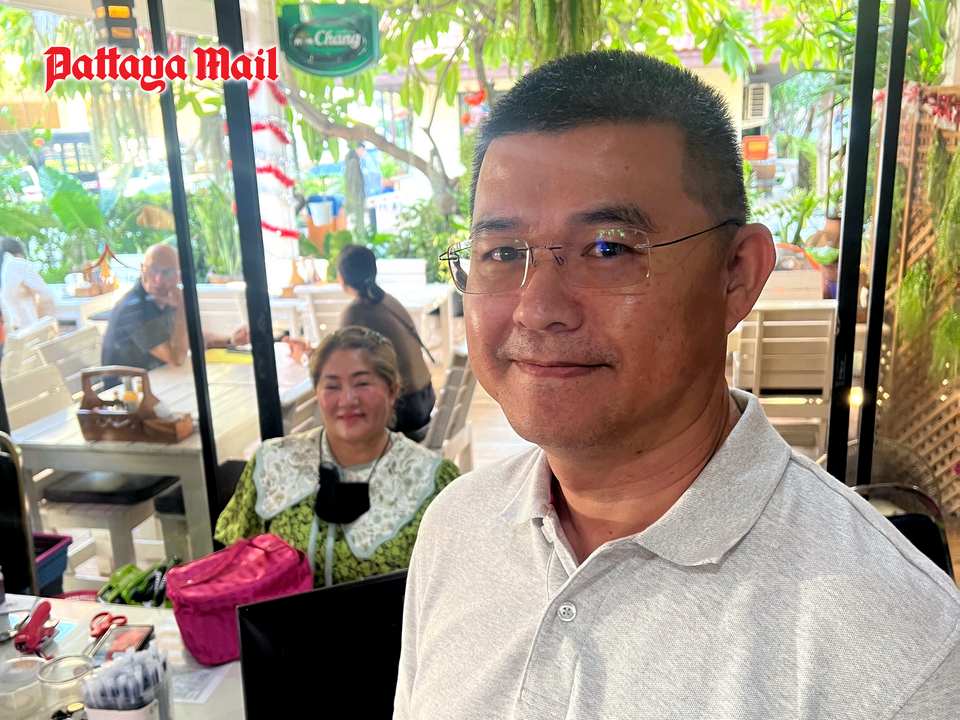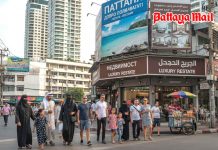
Expats know, or should know, that making a Thai will is good practice and will ease your passing at any rate for those named as beneficiaries. We still see poorly drawn up wills which, for example, name two independent witnesses as beneficiaries or contain ambiguous wording or even omit the signature of the testator. Of course, the Thai court will acknowledge only a will in the Thai language, though it is common practice these days for an English translation to be included. But it is only the Thai version which can be assessed for probate.
Photocopies of originals of relevant documents should be attached to the will. This may include house or condo ownership proof, the ID page of Thai bank accounts, registration papers of vehicles etc. For smaller items such as jewelry or house furniture and contents it may be useful to include a statement such “and all other items belonging to me and not mentioned above”, of course making clear who gets what. If the testator has assets in more than one country, it is highly desirable to make a separate will(s) for each jurisdiction.
The executor, Thai or foreigner, must appear in person before the Thai judge assessing probate and may be asked questions about the deceased, such as the family tree. Normally in Thailand, the bulk of the assets will be inherited by next of kin or nearest and dearest. The will needs to spell out the reasoning if, for example, a son or daughter is excluded. In a recent case, a foreigner in his will did exclude his son, but attached paperwork to show that the younger man had received a large cash sum to open a business two years previously and had accepted this was his share of the inheritance.
If there is still a problem, the probate judge may well invite the disputants to settle the issues but will make a unilateral decision if necessary. In serious cases, the probate will be reviewed by the appeal court (in Rayong for Pattaya area cases) and can only be referred to the supreme court in Bangkok if the appeal judges so agree. Appeals can be both expensive and time consuming, hence the all importance of writing a will in the first place which will stand close scrutiny. In summary, it’s best to remember that comprehensive and unambiguous documentation is the key to smooth passing in the world of wills.
Jessataporn Bunnag, attorney at law, has offices in Pattaya and may be reached on 0875133333 or [email protected]








